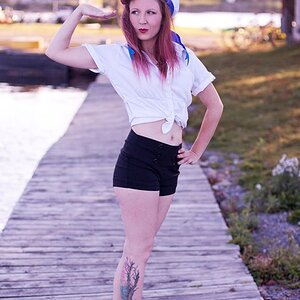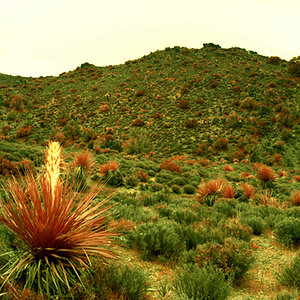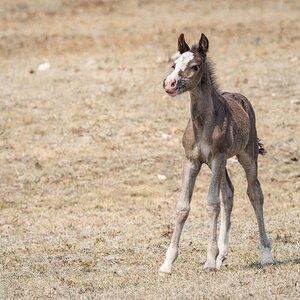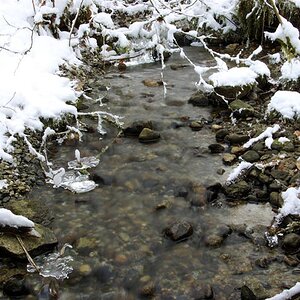fjrabon
Been spending a lot of time on here!
- Joined
- Nov 3, 2011
- Messages
- 3,644
- Reaction score
- 754
- Location
- Atlanta, GA, USA
- Can others edit my Photos
- Photos OK to edit
It depends on what you're using it for. With sports, the issue is the focus speed. I've never used the 80-200 on a D90, but on my D7000, occasionally it can be a bit slow to focus. Not bad, and not to the point where I think I NEED to upgrade to the 70-200, but its certainly a factor. For sports the VR isn't an issue at all, as the movement of the athletes dictates that you shoot at a shutter speed so high that camera shake isn't an issue in the first place.
For static shots (think slow moving wildlife, portraits, etc) the VR is the biggest issue. The VR will let you shoot at a lower ISO and/or a more stopped down aperture if you're shooting handheld. The lower ISO has its obvious benefits, while sometimes you want a bit of an increase in sharpness and contrast from stopping down, or you want a bit more DOF. Personally, I tend to do most of those types of shots on a tripod or a monopod, so that wasn't as much of an issue for me.
Locked down on a tripod, and focusing on a static subject, I defy anybody to tell the difference between the images these two lenses produce. The 80-200 was a truly fantastic lens for its time, and I think it beat the comparable Canon offerings up until the most recent 70-200 f/2.8 IS MKII L came out (which thoroughly wipes the floor with all these offerings we're talking about here). The issue is whether or not you need the increased focusing speed and the VR. To me, that's 100% of the decision.
The third party offerings are much slower to focus than either of the Nikons. TO the point where I just get really frustrated using them (though to be fair I've only used the Canon mount versions, so perhaps they focus faster in their Nikon mount forms, though I think that's unlikely). Optically they're not awful, but you will notice a step down from the Nikons when shot wide open and at either end of the focal length range. Either of the Nikons are substantially better at 200mm and f/2.8, which is the whole reason you buy one of these lenses in the first place, to shoot wide open at 200mm.
For static shots (think slow moving wildlife, portraits, etc) the VR is the biggest issue. The VR will let you shoot at a lower ISO and/or a more stopped down aperture if you're shooting handheld. The lower ISO has its obvious benefits, while sometimes you want a bit of an increase in sharpness and contrast from stopping down, or you want a bit more DOF. Personally, I tend to do most of those types of shots on a tripod or a monopod, so that wasn't as much of an issue for me.
Locked down on a tripod, and focusing on a static subject, I defy anybody to tell the difference between the images these two lenses produce. The 80-200 was a truly fantastic lens for its time, and I think it beat the comparable Canon offerings up until the most recent 70-200 f/2.8 IS MKII L came out (which thoroughly wipes the floor with all these offerings we're talking about here). The issue is whether or not you need the increased focusing speed and the VR. To me, that's 100% of the decision.
The third party offerings are much slower to focus than either of the Nikons. TO the point where I just get really frustrated using them (though to be fair I've only used the Canon mount versions, so perhaps they focus faster in their Nikon mount forms, though I think that's unlikely). Optically they're not awful, but you will notice a step down from the Nikons when shot wide open and at either end of the focal length range. Either of the Nikons are substantially better at 200mm and f/2.8, which is the whole reason you buy one of these lenses in the first place, to shoot wide open at 200mm.


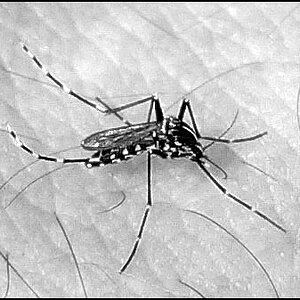
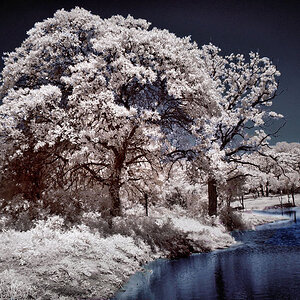
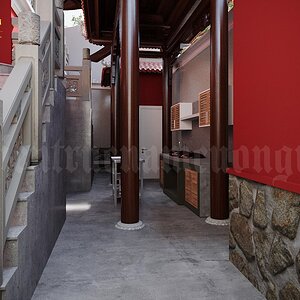
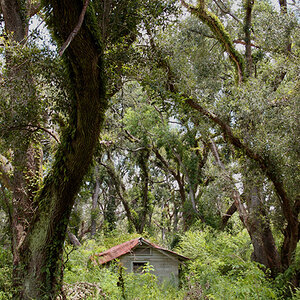
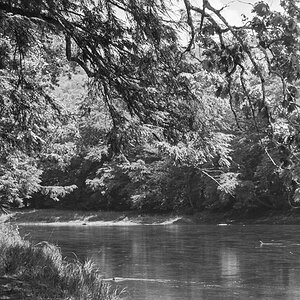
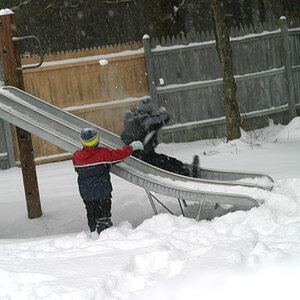
![[No title]](/data/xfmg/thumbnail/40/40284-f59f6230f0d5b9eacf977f8b0392f087.jpg?1619739407)
